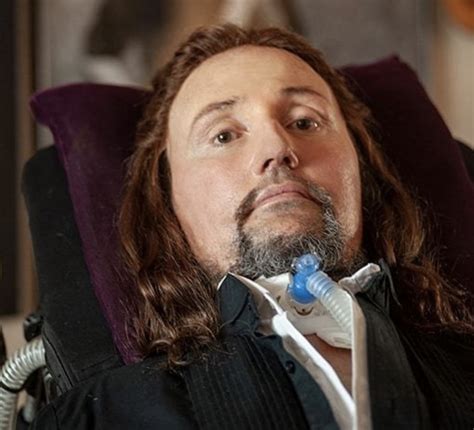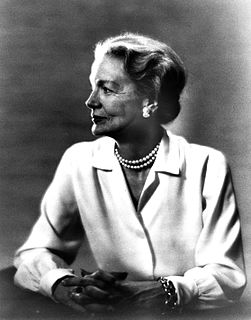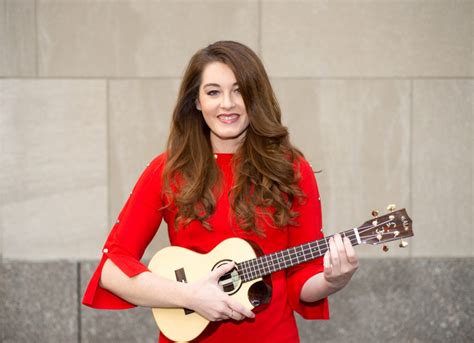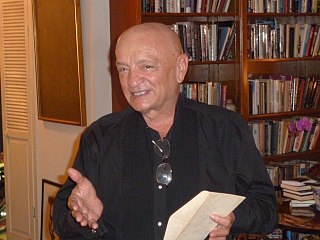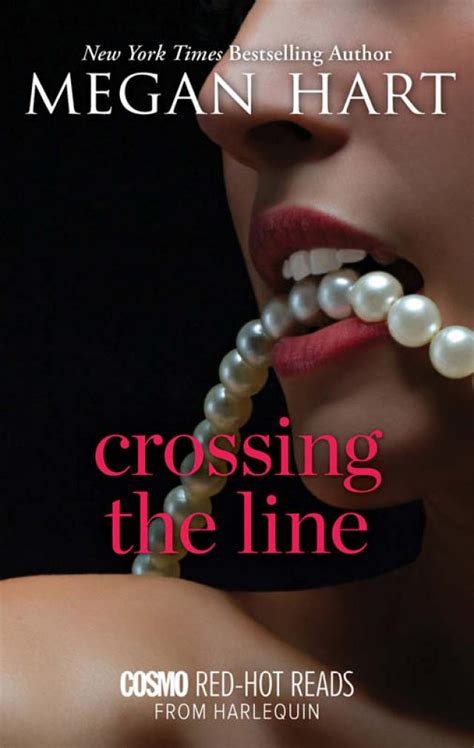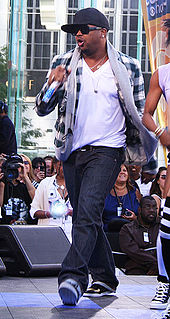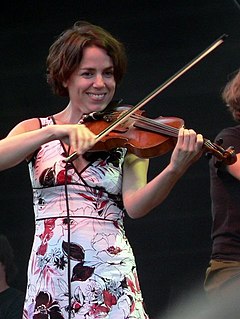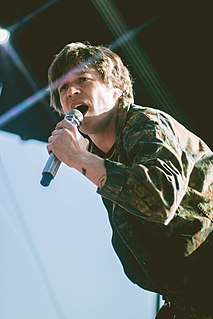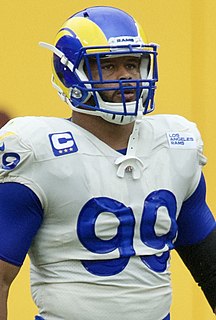A Quote by Jason Becker
I spend time editing and massaging each note. Then I start layering with different instruments, adding harmonies, counterpoint, and whatever the song calls for. Then I arrange it into a whole piece, and decide where I need to add live musicians. It takes a lot of time, but it is very satisfying once it is complete.
Related Quotes
I would like to see ... an entirely different procedure which is that we vote on the budget and decide how much we are going to spend, first, the way any family does, and then fit our priorities into what we think we have to spend. Instead, what we do, is to do it incrementally, starting at the bottom, adding and adding and adding. ... Until we get the support of all the authorities in this House to decide, first, what we think this country can afford and then decide where the amount is going to be allocated, we will never have common sense in this House.
You must stop editing--or you'll never finish anything. Begin with a time-management decision that indicates when the editing is to be finished: the deadline from which you construct your revisionary agenda. Ask yourself, 'How much editing time is this project worth?' Then allow yourself that time. If it's a 1,000-word newspaper article, it's worth editing for an hour or two. Allow yourself no more. Do all the editing you want, but decide that the article will go out at the end of the allotted time, in the form it then possesses.
The past doesn't change no matter how much time you spend thinking about it. Good and bad all add up to the whole. Take away one piece, no matter how small, and the whole changes. Whether it's optimism, pessimism or fatalism, I don't spend my time wishing for the past to be different so present would be different, too. I control my future with what I choose now.
I imagine that when I am creating a song or a project or an album or putting some clothing together or cooking a meal, whatever it is, I don't really have a recipe. The fun part is to throw that big piece of clay in the middle of the table as hard as I can, and whatever shape it takes, that's what shape it takes, and then I start to carve away.
The bass line is the anchor for me. I started with the bass, and either doubled that and then added the harmonies, or sometimes added my own harmonies that I've always wanted to sing on the song. And then it just went on from there - singing violin parts and trumpet parts and just trying to emulate the sounds of the instruments.
Writing is so... I don't know, it's such a practice, and I feel very unpracticed in it, because I'm not doing it every day. And I really need to do it every day. In other words, you spend all this time writing a movie, and then you stop, and then you're shooting the movie, and then you're cutting, and a year and a half goes by, because in the editing room, you're not writing.
I write lyrics really fast. When it's time to write, I usually put them off until the very end and then when it's time to write I can just sit down: I sing the melody, whatever the melody is, because that's the first thing that's already been there for a long time; I start singing it and I start creating consonants and vowels; then they turn into words; then all of the sudden one sentence will happen; then that sentence will dictate how the rest of the sentences happen.
In England, when we're at drama school, we spend a lot of time learning the craft from playwrights and stage actors, who are very well trained in the basics of acting because they need to get it right the first time - you can't have second or third takes when you're in front of a live audience, unlike in film.
